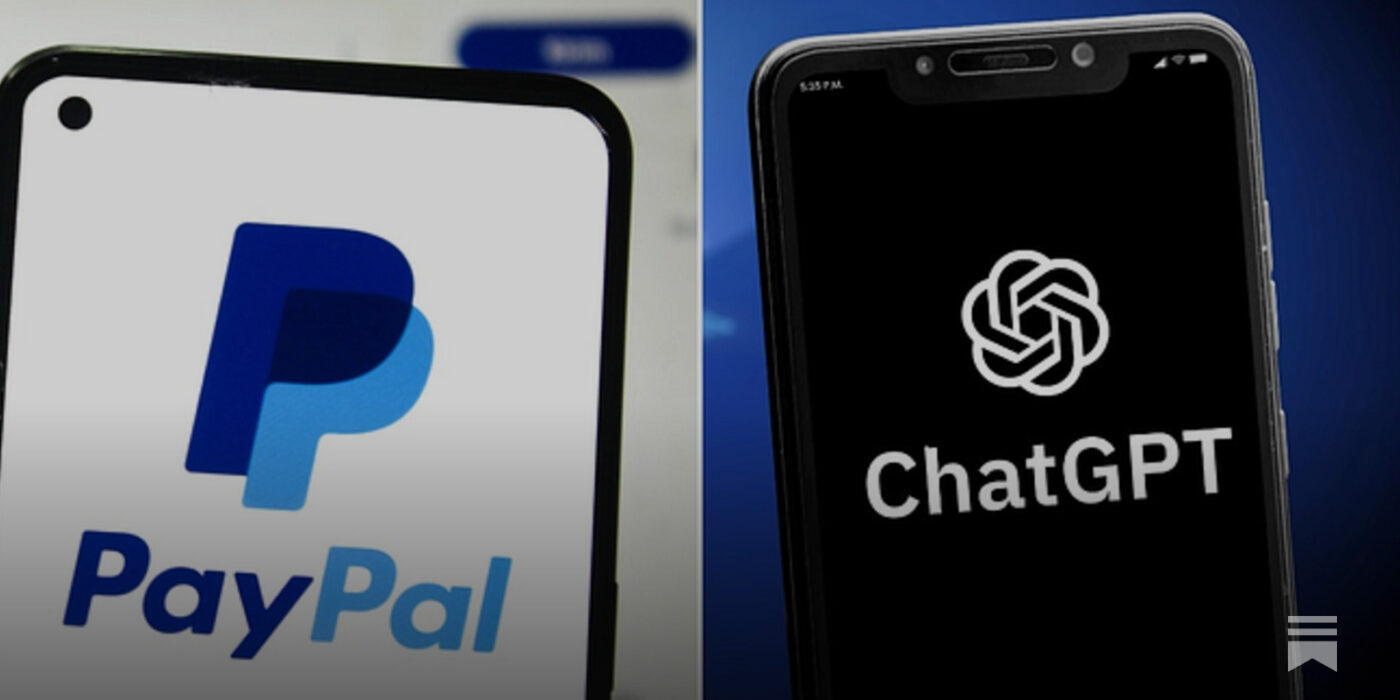If you’re considering hiring a digital marketing agency, you’ve probably wondered: “But do they actually work?” You’re not alone in this skepticism. Many business owners have heard horror stories about agencies that promised the world but delivered little more than fancy reports and excuses.
It’s a fair question, and frankly, one that every agency should be prepared to answer with complete transparency. The truth is, not all agencies are created equal, and the definition of “success” can vary dramatically depending on who you ask.
Let’s cut through the marketing waffle and explore what genuine success looks like in digital marketing, what you should expect from a professional agency, and how to measure whether your investment is actually paying off.
People’s Scepticism About Agencies
The digital marketing world has unfortunately earned a reputation for overpromising and underdelivering. We’ve all seen those adverts: “Double your leads in 30 days!” or “Guaranteed first page rankings!” These bold claims have left many business owners understandably wary.
This scepticism stems from several common experiences:
The “black box” problem: Many agencies operate without transparency, providing vague reports that don’t clearly link activities to business outcomes. When you can’t see how your money translates into results, trust erodes quickly.
Unrealistic expectations: Some agencies set expectations they can’t possibly meet, whether it’s timeline promises that ignore competitive realities or guaranteed outcomes that depend on factors beyond their control.
Poor communication: Nothing breeds mistrust faster than an agency that goes quiet when results don’t materialise immediately, or one that speaks in jargon rather than explaining what’s actually happening with your campaigns.
Focus on vanity metrics: Too many agencies celebrate increases in website traffic or social media followers without demonstrating how these translate into actual business value.
The result? A market where genuine, results-driven agencies must work harder to prove their worth because of the poor reputation created by less scrupulous operators.
What “Success” Really Means in Digital Marketing
Before we can discuss success rates, we need to establish what success actually means. Here’s where many conversations go awry as agencies and clients often have completely different definitions of what constitutes a win.
Success isn’t just about traffic increases. Yes, driving more visitors to your website is important, but if those visitors don’t convert into enquiries, sales, or other valuable actions, you’ve simply increased your hosting costs.
Success isn’t about rankings alone. Ranking first for a keyword that nobody searches for won’t grow your business. Similarly, ranking well for terms that don’t align with your customer’s intent is a hollow victory.
Real success is business growth. At its core, digital marketing success should be measured by its impact on your bottom line. This might mean:
- Increased revenue from online sales
- More qualified leads entering your sales funnel
- Higher customer lifetime value
- Reduced cost per acquisition
- Improved brand awareness leading to offline sales
- Enhanced customer retention and repeat purchases
Success is also sustainable growth. Quick wins that can’t be maintained or that rely on tactics likely to be penalised by search engines aren’t genuine success, they’re borrowed time.
The most successful agency relationships are built on aligned definitions of success from day one. When both parties understand what they’re working towards and how it will be measured, real progress becomes possible.
How to Measure Agency Performance
Measuring agency performance requires the right tools, timeframes, and metrics. Here’s how to do it properly:
Essential Reporting Tools
A professional agency should provide regular reporting through established platforms:
- Google Analytics 4: For comprehensive website performance tracking
- Google Search Console: For organic search performance and technical SEO health
- Google Ads: For paid search campaign performance
- Social media platform insights: For social media performance across channels
- CRM integration: To track leads and sales attribution
The key is integrated reporting that shows how different channels work together to drive business results.
Realistic Timeframes for Different Activities
- SEO results: 6-12 months for significant organic traffic improvements. Anyone promising faster results is likely using tactics that won’t last.
- PPC campaigns: 4 weeks for initial optimisation, 6 months for mature performance. Well-set-up campaigns should show positive trends within the first few months.
- Content marketing: 6-12 months for substantial impact on brand awareness and organic reach.
- Social media growth: 3-6 months for meaningful community building and engagement improvements.
Key Performance Indicators to Track
Focus on metrics that directly correlate with business value:
Revenue metrics:
- Total revenue attributed to digital marketing
- Revenue per channel (organic, paid, social, email)
- Customer acquisition cost (CAC)
- Customer lifetime value (CLV)
Lead quality metrics:
- Lead-to-customer conversion rate
- Cost per qualified lead
- Lead scoring and quality assessment
- Sales cycle length
Operational metrics:
- Website conversion rate by traffic source
- Email open and click-through rates
- Social media engagement quality
- Brand awareness and recall metrics
Why Koozai Is Confident in Its Success Rates
At Koozai, we’re confident in our success rates because we focus on what actually matters, your business growth. There’s evidence of this all over our case studies and testimonials pages.
The Reality Check: When Agencies Don’t Succeed
Transparency demands that we acknowledge when and why digital marketing agencies sometimes fail to deliver results:
- Misaligned expectations: When clients expect immediate results from strategies that require time to mature, disappointment is inevitable.
- Insufficient budget allocation: Digital marketing requires adequate investment. Expecting significant results from minimal budgets often leads to frustration on both sides.
- Poor client-agency communication: Success requires collaboration. Agencies that operate in isolation or clients who don’t provide necessary insights about their business create barriers to success.
- Lack of integration: When digital marketing efforts aren’t integrated with broader business strategy, even good tactical execution can fail to deliver meaningful results.
- Choosing the wrong agency: Not every agency is right for every business. Mismatched expertise, communication styles, or strategic approaches can doom even well-intentioned partnerships.
The most successful agencies are honest about these potential pitfalls and work proactively to avoid them.
The success rate of digital marketing agencies isn’t a simple percentage; it’s a complex equation involving strategy, execution, communication, and partnership. The best agencies consistently deliver results because they focus on what matters: your business growth.
When evaluating potential agency partners, look beyond promises and glossy case studies. Ask for specific, measurable outcomes. Request references from current clients. Understand their reporting processes and how they define success.
Most importantly, remember that successful digital marketing is a partnership. The most successful client-agency relationships are built on mutual respect, clear communication, and shared commitment to measurable business outcomes.
Digital marketing works when it’s done properly, with realistic expectations, adequate investment, and a focus on genuine business value rather than vanity metrics. The agencies that understand this consistently deliver the results that matter most, increased revenue, reduced costs, and sustainable business growth.
Ready to experience what genuine digital marketing success looks like? Our comprehensive guide covers everything you need to know about choosing the right agency partner: The Definitive Guide to Choosing a Digital Marketing Agency in the UK.
Want to see how your current digital marketing performance is doing? Contact us for a review that will show you where you stand and what opportunities exist to improve your results.







Leave a Reply